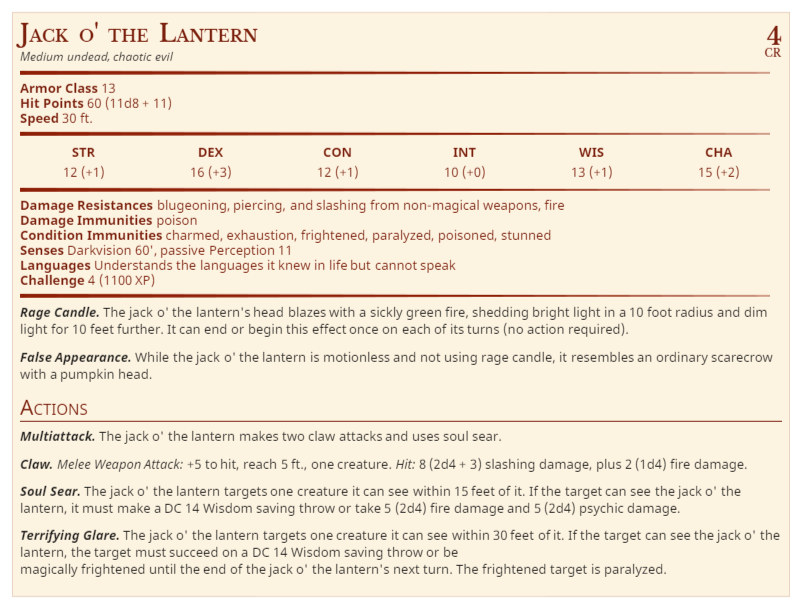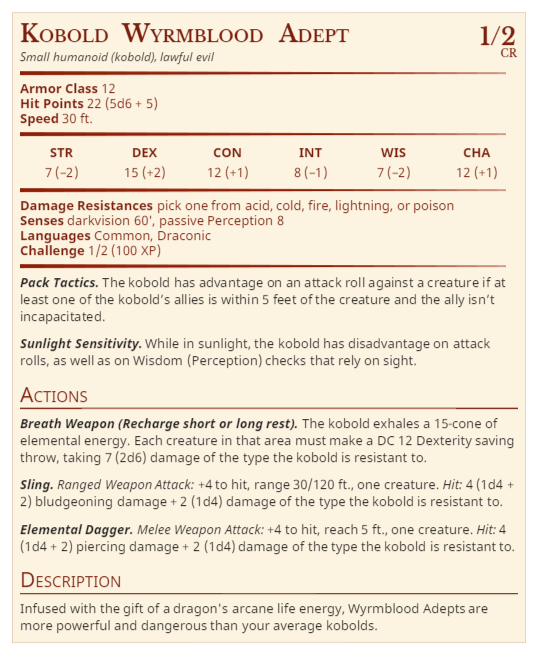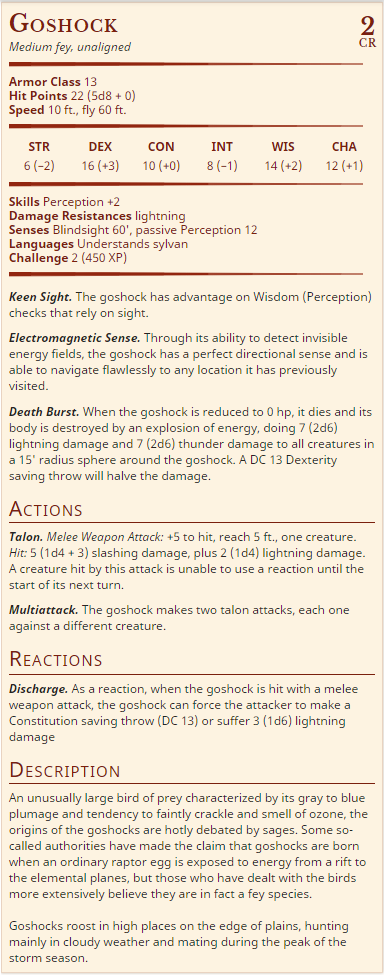(With mumbled apologies to Charlie Daniels.)
The Devil Signed Onto Twitter
Well, the Devil signed onto Twitter,
he was looking for some grist to mill.
He was in a bind ’cause he had a deadline,
he was willing to make a deal.
When he came across this blogger
jawing on a topic and playing it hot,
and the Devil slid into her mentions all slick
and said, “Girl, let me tell you what…
I guess you didn’t know it
But I’m an aggregator, too
and if you care to let me share
your content, I’ll boost you.
Now you write a pretty mean blog post,
but give the Devil his due.
I’ve got exposure online like you’d never find.
My platform’s perfect for you.”
The blogger said, “My name’s Nonny,
and this might just be me,
but I’m gonna take a pass, you can kiss my ass,
’cause I never write for free.”
Nonny polish up your work and shop your pieces hard
’cause all hell’s broke loose on the web and the Devil holds the cards.
He promises you a byline and a credit to your name,
but if you pass, you’ll get paid just the same…
The Devil opened up his site
and he said, “Oh, gimme a break,”
and words flew from his fingertips
as he fired his hot take.
And then he slid his hands across the keys
and they made an evil click.
A cap of Nonny’s post appeared
in the Devil’s piece, the dick!
When the Devil published,
Nonny said, “Well, that’s pretty nice, you know,
but you just take down that work of mine,
or else you can pay me what you owe.”
Flame war in the comments, run boys, run.
Devil’s in the Post of the Huffington.
Digging in your mentions, picking out quotes.
Mister, does your blog pay? No, lawlz, no.
Well that ol’ Devil bowed his head,
because he’d been DMCA’d,
and he took that borrowed blog post
down for which he hadn’t paid.
Nonny said, “Devil, you can put it back
if you ever wanna meet my fee.
I done told you once, you quote-mining dick,
I never write for free.”
Flame war in the comments, run boys, run.
Devil’s in the Post of the Huffington.
Digging in your mentions, picking out quotes.
Mister, does your blog pay? No, lawlz, no.
Author’s Note: I do make the decision to give a lot of my work away for free, but I do so on my own site and my own terms rather than generating traffic and revenue for others who gain more “exposure” from the content donated to their sites than they give to the paid works of their content creators.
If you enjoy and/or benefit from my presence on this blog or elsewhere on the web, please consider paying for it through PayPal or Patreon.




